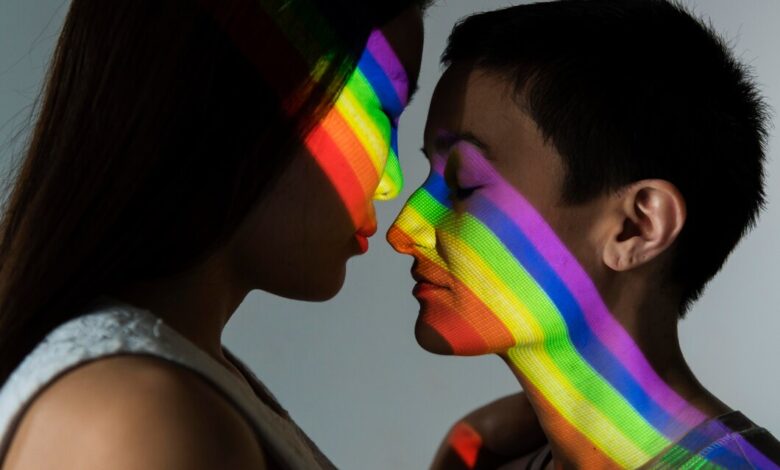Understanding Red Flags in LGBTQ+ Relationships

Navigating relationships can be complex, especially within the LGBTQ+ community where individuals may face unique challenges and dynamics. While every relationship is different, recognizing red flags is crucial for maintaining healthy and respectful connections. Here are some key red flags to be aware of:
1. Lack of Respect for Identity
In healthy relationships, partners respect each other’s gender identity and sexual orientation. Red flags may include dismissive or derogatory comments about LGBTQ+ identities, insistence on conformity to traditional gender roles, or refusal to acknowledge and support a partner’s identity journey.
2. Isolation and Control
Isolation tactics, such as discouraging a partner from socializing with friends or family, can be signs of control and manipulation. In LGBTQ+ relationships, this may manifest as attempts to limit involvement in queer communities or pressure to conform to specific social norms within the relationship.
3. Emotional or Physical Abuse
Abuse in any form—whether emotional, verbal, or physical—is never acceptable. Signs may include frequent criticism, intimidation, threats, or physical violence. LGBTQ+ individuals may face additional challenges in seeking help due to fear of discrimination or lack of understanding from support services.
4. Lack of Support in Queer Spaces
A healthy relationship involves mutual support and validation. Red flags can appear when a partner shows discomfort or refuses to participate in LGBTQ+ events, communities, or advocacy efforts. This may indicate a lack of acceptance of one’s own or their partner’s LGBTQ+ identity.
5. Gaslighting and Manipulation
Gaslighting involves manipulating someone into questioning their own feelings, perceptions, or reality. In LGBTQ+ relationships, this might include invalidating a partner’s experiences related to their identity, denying past conversations or promises, or blaming them for issues within the relationship.
6. Unequal Power Dynamics
Healthy relationships thrive on mutual respect and equality. Red flags may emerge when one partner consistently makes decisions without consulting the other, controls financial resources, or exerts disproportionate influence in decision-making processes.
Seeking Support and Resources
Recognizing red flags is an essential step in maintaining healthy LGBTQ+ relationships. It’s important to prioritize safety and well-being. If you or someone you know is experiencing challenges in a relationship, consider reaching out to LGBTQ+ support organizations, counselors, or trusted friends for guidance and assistance.
Understanding red flags in LGBTQ+ relationships involves recognizing behaviors that undermine trust, respect, and mutual support. By promoting awareness and fostering open communication, individuals can build relationships that celebrate diversity, affirm identities, and create spaces for growth and happiness within the LGBTQ+ community. Remember, everyone deserves a relationship based on respect, equality, and understanding.




